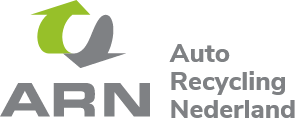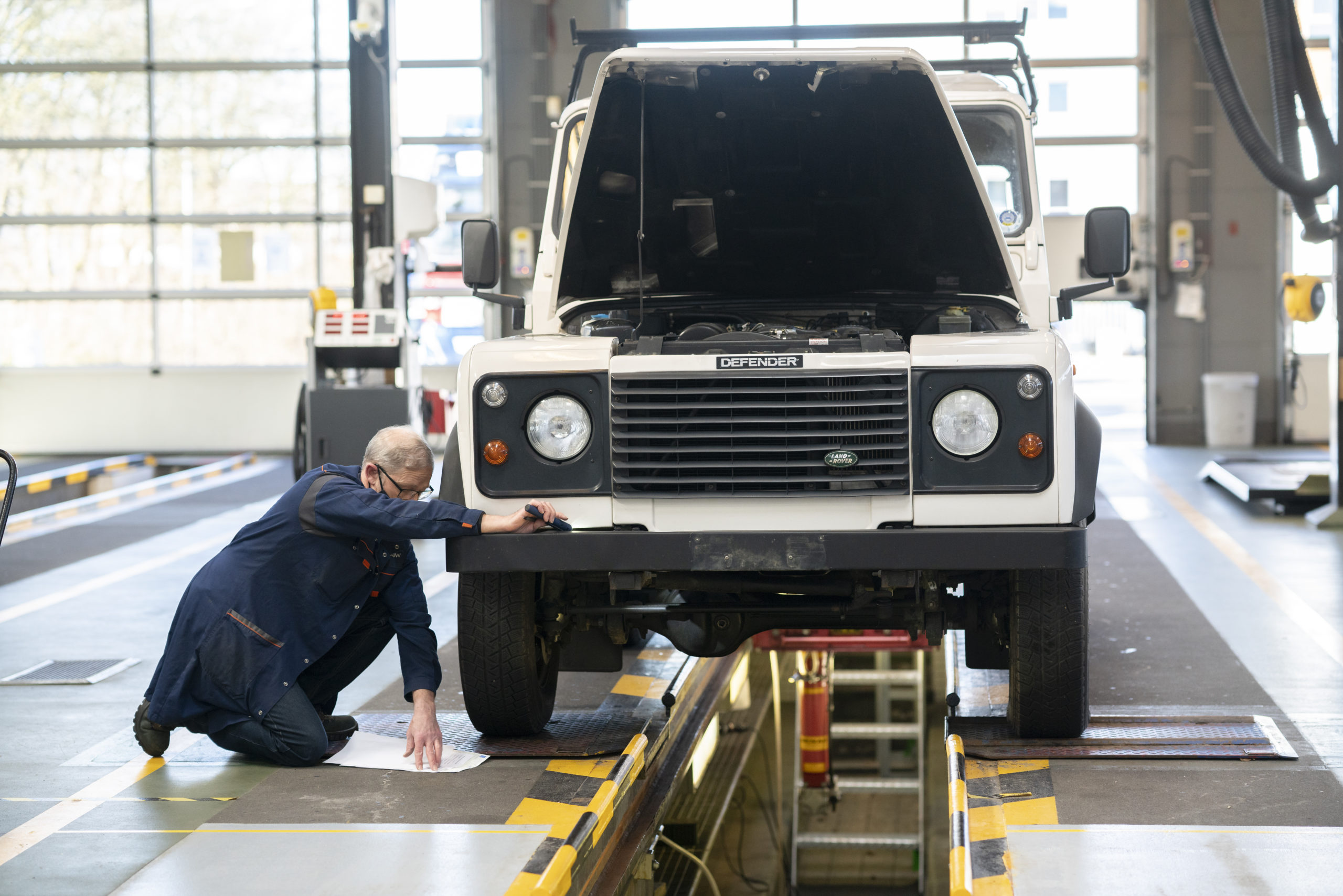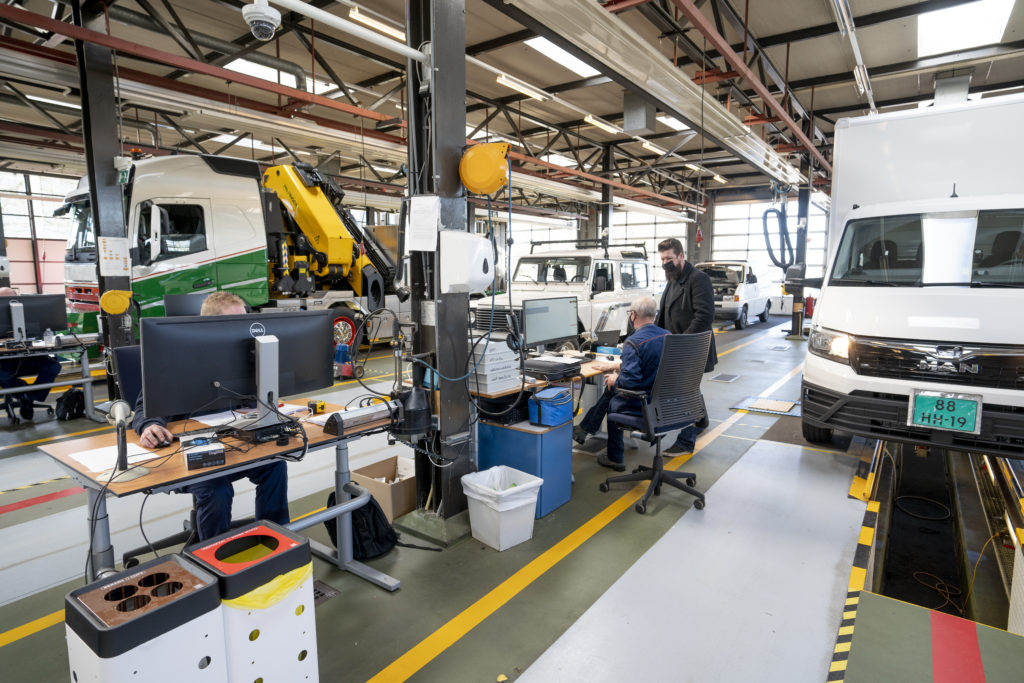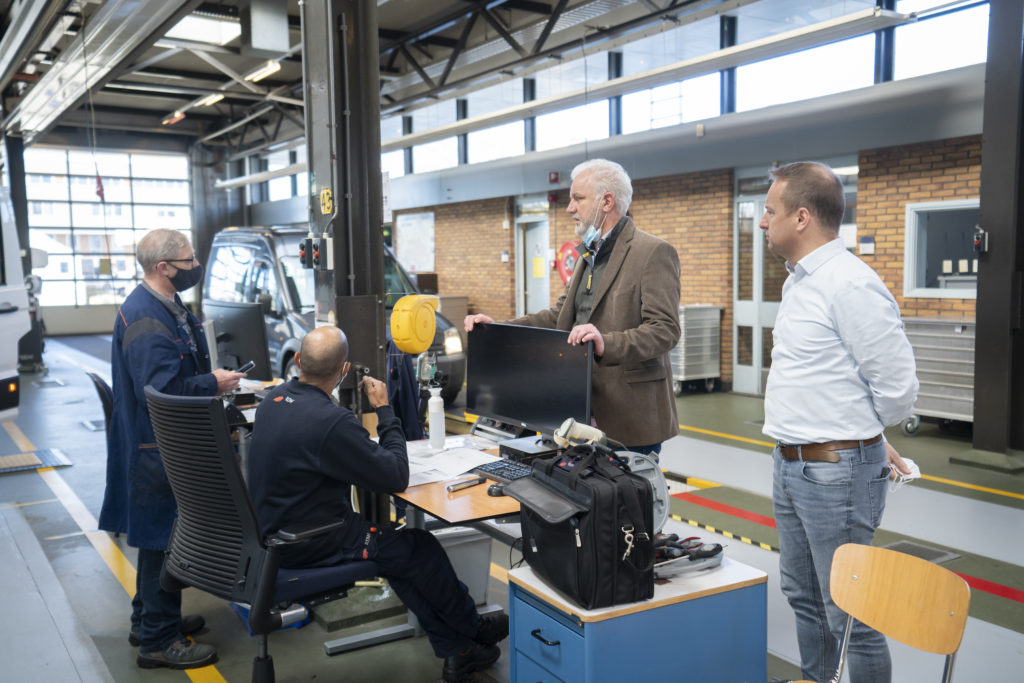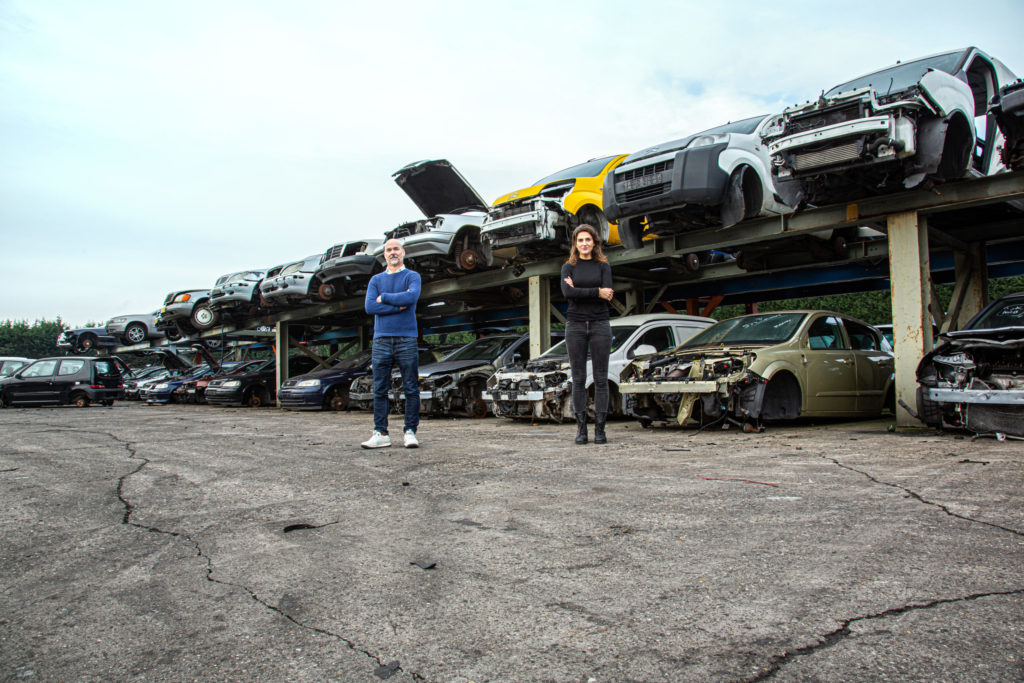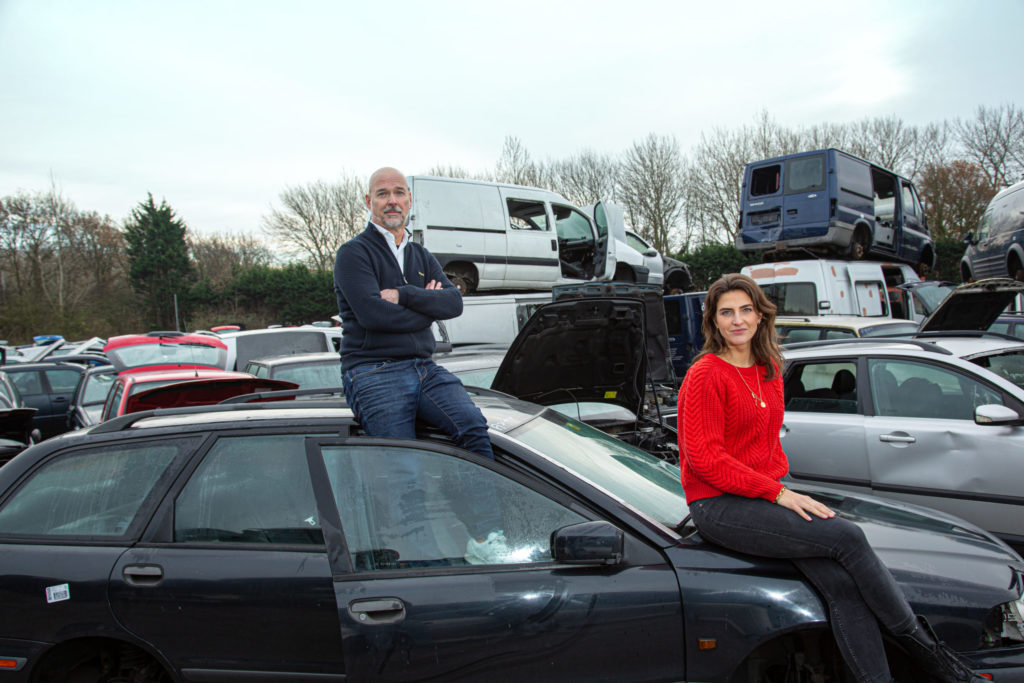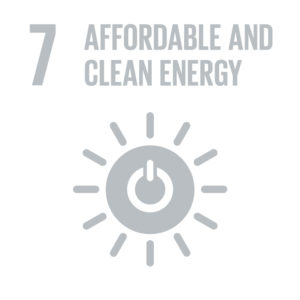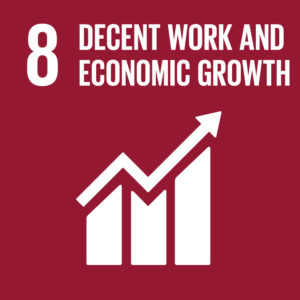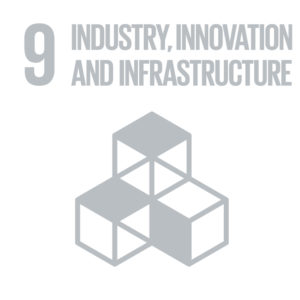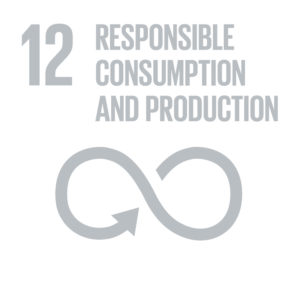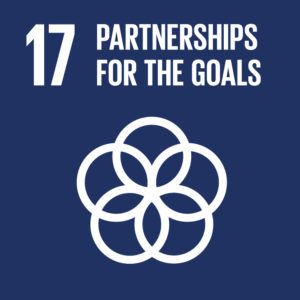Level playing field for everyone
Recycling fee drops again in 2021
Since 1 May 2021, the recycling fee has been payable on all cars, including those imported from abroad and registered in the Netherlands for the first time. This is fairer, because previously only the buyers of new cars were obliged to pay this fee. The new system means that the fee per vehicle can be reduced.
In 2021, a total of 322,831 new passenger cars were registered, a decrease of 9.2 per cent on 2020 (when there were 355,431). These statistics have been derived from the official figures of the RAI Vereniging (Association), BOVAG and the RDC data agency. The sector is currently seriously hampered by a shortage of microchips. This has disrupted the supply chain and resulted in car manufacturers being able to produce far fewer cars at the moment. A knock-on effect of this is a boost in the demand for used passenger cars, which increasingly includes the parallel import of cars from abroad.
According to BOVAG and RDC figures 171,866 used cars were imported between January 2021 up to and including July 2021, 56 per cent of which were between one and five years old. In July 2021 alone, 29,219 used cars were imported.
Recycling fee for all cars registered in the Netherlands
Up until 1 May 2021, a recycling fee did not have to be paid on used and parallel-import cars, despite the fact that they will probably be recycled in the Netherlands at the end of their useful life. The Algemeen verbindend verklaring (Avv, Universally binding obligation) stipulates that from 1 May 2021, the recycling fee is payable for all passenger cars and light commercial vehicles that are registered in the Netherlands. Thanks to the more level playing field that this created, it was possible to reduce the recycling fee per vehicle, from €30 in 2021 to €25 in 2022.
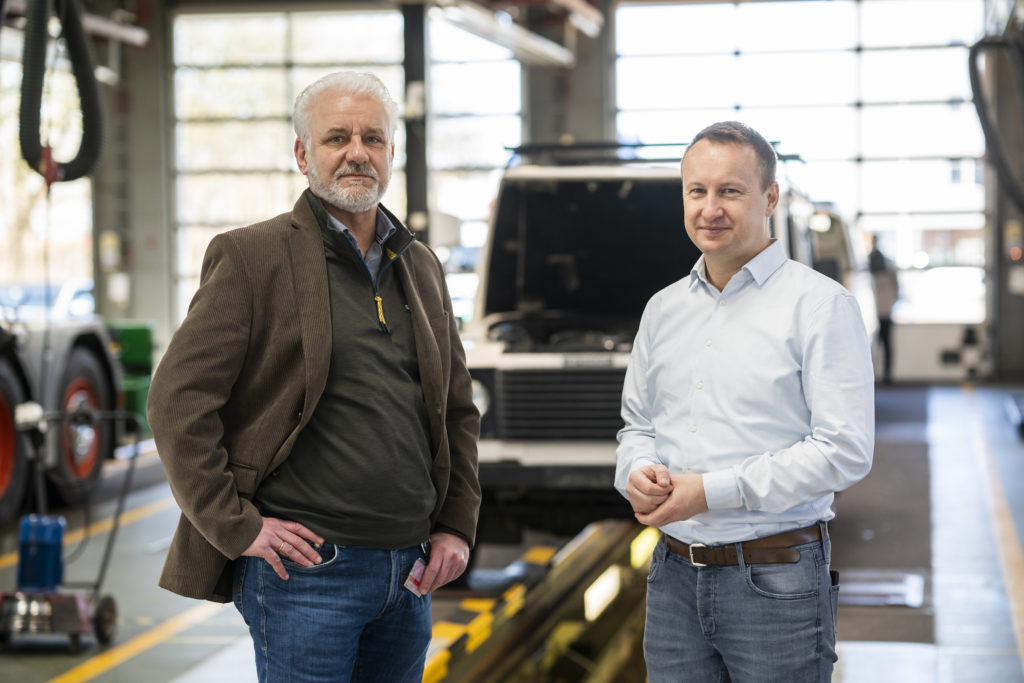
“Regulation was the biggest hurdle”
In conjunction with Manager Business Relations, Cees Achterberg, and Project Manager, Ruben Gelok, of the RDW, in this sustainability report we reflect on the rollout and implementation of the recycling fee. “In collaboration with ARN, we approached the Ministry of Infrastructure and Water Management about three years ago,” says Achterberg. “However, it took a few years before everything was approved, with regulations forming the biggest hurdle. The RDW had to be formally assigned a new task, for example, and the regulation for company stock had to be amended. But what’s good about it is that it really is a joint initiative. Importers that are affiliated with the RAI Vereniging already paid the recycling fee voluntarily, but many others did not. Thanks to the amendment to the recycling fee, this has now changed. The Ministry has acknowledged the need for the Avv to level the playing field.”
Since the outbreak of the corona crisis, parallel imports have increased enormously, to about 50 percent of all used cars
Ruben GelokProjectmanager RDW
Huge increase in parallel imports in 2021
While the rollout of the Avv was originally planned for 1 January, 2021, it wasn’t until four months later, on 1 May, that it was finally implemented. But the timing was still excellent. “Since the outbreak of the corona crisis, parallel imports have increased hugely, to about 50 per cent of all used cars,” informs Gelok.
The new responsibility assigned to the RDW translated to extra work for the RDW testing stations. “And that coincided exactly with a time that we were still working on corona measures at the testing stations,” explains Achterberg. “Before the pandemic, buyers of foreign cars would visit the testing station physically. But when the lockdown made this undesirable we had to quickly set up online alternatives.” He is quick to point out, however, that plans to increase the digitalisation of the processes were already in place; corona just accelerated their implementation.
Digitalisation of testing stations
Authorised dealers, garages that have all their ducks in a row, enjoy a special status at the RDW. Since mid-2020 they have been able to register their cars online. “To this end we have set up a specific process,” says Gelok. “Among other things, we check the documentation and view specific photos of the car in question. If there is any doubt, a visit to the testing station still has to be made.” This new way of working has garnered many positive reactions from entrepreneurs. It also offers several advantages for the RDW. “The recycling fee can be collected digitally and we have direct insight into what we have to transfer to ARN.”
Private individuals who buy a parallel import still have to physically visit a testing station, where the recycling fee is then charged manually. “For the people on the shop floor it took some getting used to, but they handled it really well from the get go.”
ARN is really a knowledge party with short lines of communication to stakeholders, which works very well. We are pleased that we have been able to make an active contribution to the implementation of the recycling contribution
Ruben GelokProjectmanager RDW
“All stakeholders wanted it”
“We were curious how the sector would respond, but it did so very positively,” adds Gelok. “It was something that all stakeholders really wanted. And, of course, what also makes a difference is that companies can, in turn, pass on the charge to the customer. After all, sustainability is becoming an increasingly important part of business operations for everyone. Between May 2021 and December 2021 the recycling fee was levied on 231,451 cars. The fact that we, as RDW, can take such major steps with ARN is also a perfect fit with our strategy, which is one in which sustainability plays a key role.”
Making the most of it, together
Gelok is convinced that the “Samen maken we er iets moois van” (Making the most of it, together) campaign played a key role in the smooth rollout of the recycling fee initiative. “Everyone was well informed. We drew up a list of questions and answers, for example, including for the testing stations.” Looking back, both Achterberg and Gelok concur that it was a great project for the RDW to work on. “From the very beginning,” insists Achterberg, “everyone wanted it to succeed. It reconciles several disciplines, such as operations, finance and communication, to name but a few. Everyone put their shoulders to the wheel and played their respective roles. The collaboration could be summarised in a just few words: constructive, pleasant and open.”
In conclusion Gelok stresses that ARN is an expert in its field with short lines to stakeholders, which all works very well. “We are pleased to have been able to make such an active contribution to the implementation of the recycling fee and, of course, we are still doing so today by continuing to collect it!”
How is the recycling fee collected?
The recycling fee is a one-off contribution that is added to the purchase price of a new passenger car or light commercial vehicle. The importer collects the recycling fee when the vehicle is first registered. The funds that are collected in this way are transferred to the Stichting (Foundation) Auto Recycling Holding, which commissions ARN to carry out responsible and high-quality car recycling.
More about the campaign
To bring consumers and professionals up to speed on changes to the recycling fee, in 2021 ARN and its partners launched the campaign “Samen maken we er iets moois van” (Making the most of it, together), along with the accompanying website.
“Making the most of it, together” translates to collectively assuming responsibility for the high-quality recycling of cars. In addition to ARN and the RDW, the RAI Vereniging (Association), BOVAG, FOCWA and STIBA are also partners in the campaign. The last four of these organisations were at the cradle of ARN in 1995 and these partners are still the driving forces behind it. Science journalist and presenter Anna Gimbrère and presenter Rob Kamphues are ambassadors of the campaign.
Sustainable Development Goals
For the fourth year, ARN is benchmarking itself against the Sustainable Development Goals (SDGs) with the motto ‘lean and green’ in mind. The coloured SDGs shown on the right apply specifically to the content of this page.
